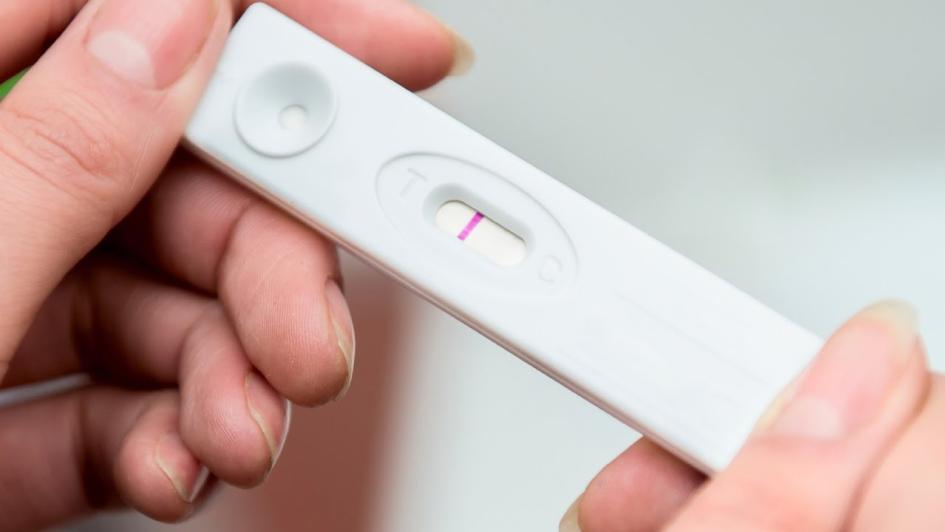4 Ways to Optimize Your Fertility Naturally

Published
Infertility is a unique situation because it involves a couple, and can therefore be a very complex mystery to unravel. Thankfully, modern medical technology has many options to offer couples who struggle to conceive. However, many people are not aware that there are some simple things you can do to optimize your ability to conceive naturally.
- Go Mediterranean
In a study of over 18,000 women without a history of infertility who were attempting pregnancy, an eating style that closely mimicked the Mediterranean diet was associated with a decreased risk of a specific type of infertility due to problems with ovulation (the monthly release of the egg by the female ovary). This diet emphasized monounsaturated fats, vegetable proteins, low glycemic index carbohydrates, and high-fat dairy in addition to a multivitamin and mineral supplement. It is high in antioxidants and fiber. Along with optimizing fertility, a Mediterranean diet has many health benefits such as decreasing your risk of type 2 diabetes and cardiovascular disease.
Here are some basic suggestions for implementing this type of eating style:
- Switch out your meat dish for legumes like chickpeas, black beans, or edamame at least 3 times per week.
- Use olive oil for low-heat cooking and avocado oil for high-heat cooking instead of coconut oil, butter, or margarine.
- Emphasize whole grains instead of processed grains (for example, brown rice and 100% whole wheat bread instead of the white versions)
- Understand your menstrual cycle
Surprisingly, even in healthy women with a normal menstrual cycle, there are only a few days each month where conception can happen. Thankfully, a woman’s body produces reliable signals of her fertile period, which occurs around the time of ovulation. Two options for tracking your fertile time include:
- Tracking the consistency of cervical mucus, which becomes more slippery and stretchy around the time of ovulation.
- Tracking basal body temperate (BBT) using a special BBT thermometer. The hormone progesterone rises after ovulation, and by tracking your BBT for a few cycles you may be able to tell whether or not you are ovulating. This can be helpful to time conception attempts properly as well as to alert your practitioner to potential problems with your cycle that may be resulting in infertility.
- Optimize your hormones
Thyroid hormone and progesterone are both key players in successful conception. There is controversy about what the appropriate levels of thyroid hormone are to ensure optimal fertility. The presence of antibodies against the thyroid gland has been shown to increase the risk of spontaneous miscarriage and preterm birth. The American Association of Clinical Endocrinologists recommends that women attempting pregnancy be treated with thyroid medication if they have antibodies against the thyroid gland and a TSH of greater than 2.5 mIU/mL. This is a lower limit than is used in the general population. Talk to your doctor about ways to optimize your thyroid function and whether medication is right for you.
Progesterone is important for maintaining a healthy uterine lining that can support a fetus. Some women may have low progesterone resulting in a “luteal phase defect” or shortened second half of the menstrual cycle, which can be due to decreased progesterone production. This can make it difficult for implantation to occur. Tracking your BBT is a great way to help your practitioner discover whether you have a luteal phase defect.
- Manage stress
Naturopathic medicine recognizes that our body and mind are not separate, and that they affect each other in profound ways. A 12-month study of women attempting to conceive naturally found that higher levels of stress hormones increased the risk of infertility. This might be due to changes in the immune system that occur with stress. Stress has also been shown to affect male fertility by reducing semen quality. Formal therapy using Cognitive Behavioral techniques as well as basic mindfulness and relaxation techniques can be effective at increasing the likelihood of pregnancy. While we may not be able to remove stressors, there are many things you can do to help your body and mind cope better with stress:
5. Exercise regularly.
- Explore breath-pacer apps for your phone or other mindfulness meditation resources. There are many available online.
- Consider seeing a counselor, especially if infertility is causing tension between partners.
- Join a support group. A list of support groups sponsored by the National Infertility Association can be found here.
- Make a list of things that bring you joy in life, and schedule at least one of these into your calendar each day.
These interventions can be pursued on their own, or can be done together with conventional fertility treatments. Talk to your Licensed Naturopathic Doctor today about these and other ways you can optimize your ability to conceive, carry and deliver a healthy baby!
Jennifer Pilon is a licensed Naturopathic Physician practicing at the Bastyr Center for Natural Health in Seattle, WA. She believes that the key to creating long-term changes in your health is to take small, sustainable steps. Her clinical interests include women's health, male and female infertility, depression and anxiety, hormonal problems and diabetes.

